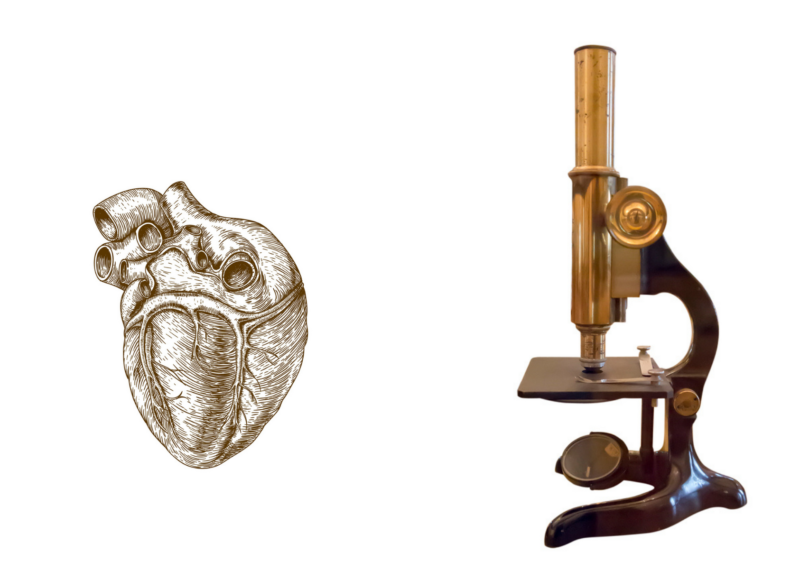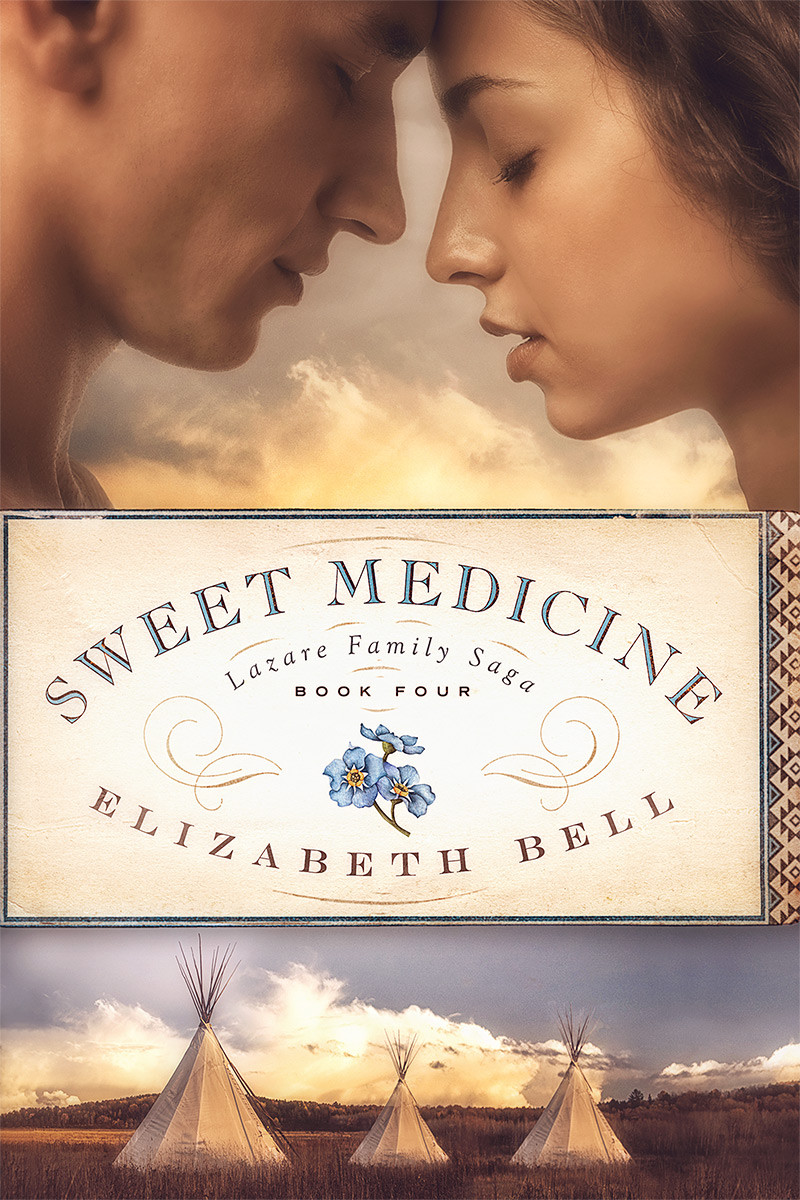The Sweetest Medicine
The title of the fourth and final book in my series, Sweet Medicine, used to be the title for the whole story, back when I thought that story was a single novel. I like the phrase because it’s a seeming oxymoron—a pattern I ended up using for all my titles. How can medicine be sweet? Isn’t it an unpleasant necessity?
I also like that the word medicine has multiple meanings; and on the surface, those meanings are in opposition. Broadly, medicine refers to either science or spirituality. My saga involves both these definitions, rooted in my two primary settings: Charleston, South Carolina and the American West.
One of my main Charleston characters is a doctor. He represents the “science” part of medicine. He attends medical school in Paris and practices in Charleston. He dissects cadavers, uses a microscope, and prescribes drugs. In Sweet Medicine, this character performs a procedure on himself that is not only straight from Victorian medical texts but also utterly horrifying. This medicine is anything but sweet.

My chapters set in the American West focus on the Cheyenne Indians, or Zizistas as they call themselves. For the Zizistas, the word medicine can be an adjective that means “holy,” as in the tribe’s sacred possessions, the Medicine Arrows. If someone or something has medicine, it has spiritual power. Zizistas medicine also involves healing, but of the whole person, body and soul.
Even the phrase Sweet Medicine comes from the Zizistas. It’s the name of a Zizistas prophet who predicted the coming of white men. Sweet Medicine himself was named after a medicinal plant.
The word medicine has other meanings that I unpack in my work. One of these is bound to surprise you. Sweet Medicine is about healing many different kinds of wounds, wounds that go all the way back to Book 1 in the series. Ultimately, love is the sweetest and most powerful medicine for my characters.


